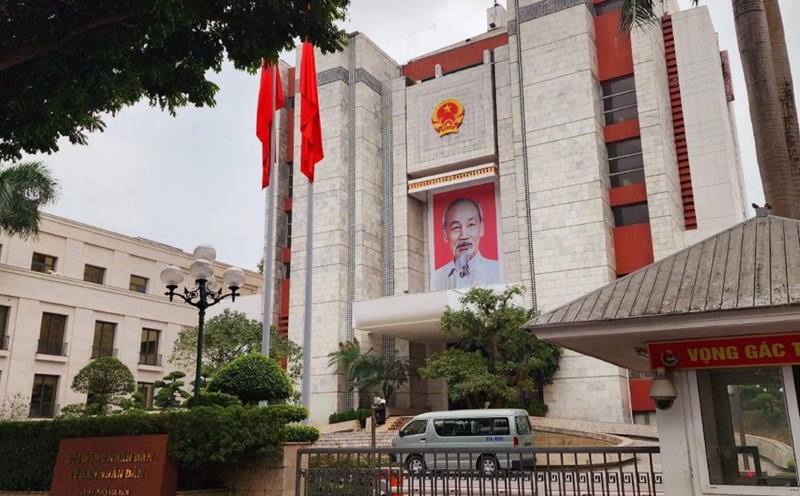The new draft Decree proposed by the Ministry of Home Affairs on the organization of specialized agencies under the People's Committees at provincial and district levels is attracting much attention, especially the provisions related to the responsibilities of department directors.
The Department Director will not be allowed to "transfer" work within his/her duties and authority to the Provincial People's Committee or Chairman of the Provincial People's Committee; if the issue exceeds his/her authority, he/she must proactively coordinate with relevant departments to complete the dossier, then submit it to the superior for consideration.
If this regulation is strictly enforced, it can be considered a "special remedy" for the disease of being afraid of responsibility and shirking work that many leaders of departments, branches and sectors have suffered from in recent times.
The fear of making mistakes and avoidance has caused many projects to stagnate, businesses to suffer, and investment opportunities to be lost. Instead of daring to make decisions within their authority, many department leaders often "transfer" documents requesting opinions to the provincial or municipal People's Committees, or use the excuse of "overlapping regulations" to continue to delay.
The Draft's requirement that department directors not transfer work "under their duties and powers" to other places is a way to force department leaders to thoroughly perform the role of "chief" - a role that is decisive for the smooth operation of the local government apparatus.
Of course, "not transferring work to a higher level" means that the responsibility of the department director will be heavier, and being a department director will be "more difficult".
Once this Draft comes into effect, any department director who lacks capacity, courage and continuously avoids it may face a difficult situation, even being "stuck" in the frustration of the people and businesses.
But on the positive side, this is an opportunity for talented people to demonstrate their abilities, creativity and responsibility. On the contrary, those who “cannot do it should stand aside” – exactly the viewpoint that has been consistent from the central to local levels in recent times.
However, to avoid putting department leaders in a situation of hesitation and fear of making mistakes when performing their duties, central ministries and branches also need to quickly review and amend overlapping and inconsistent legal documents.
Reality over the past time shows that a large number of leaders and officials continuously encounter difficulties due to the same content of regulations but having many ways of understanding, or having two sub-law documents with different implementation instructions.
In that context, asking for opinions many times becomes a "safe solution" but causes stagnation of the apparatus and inconvenience, wasting time for people and businesses.
Of course, the implementation of new regulations requires good monitoring mechanisms, along with timely adjustments in policies and laws from the central level.
Therefore, along with the new proposal of the Ministry of Home Affairs, ministries and branches also need to work together to improve the legal framework, unify regulations and implementation instructions, helping department leaders and professional staff to boldly and confidently handle work in a transparent and effective manner.













